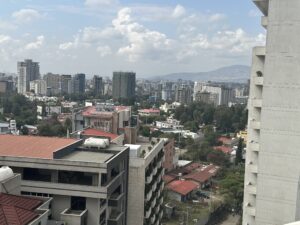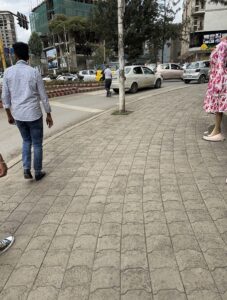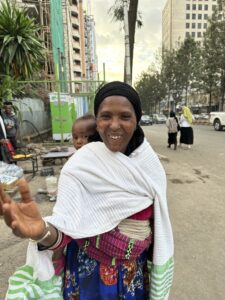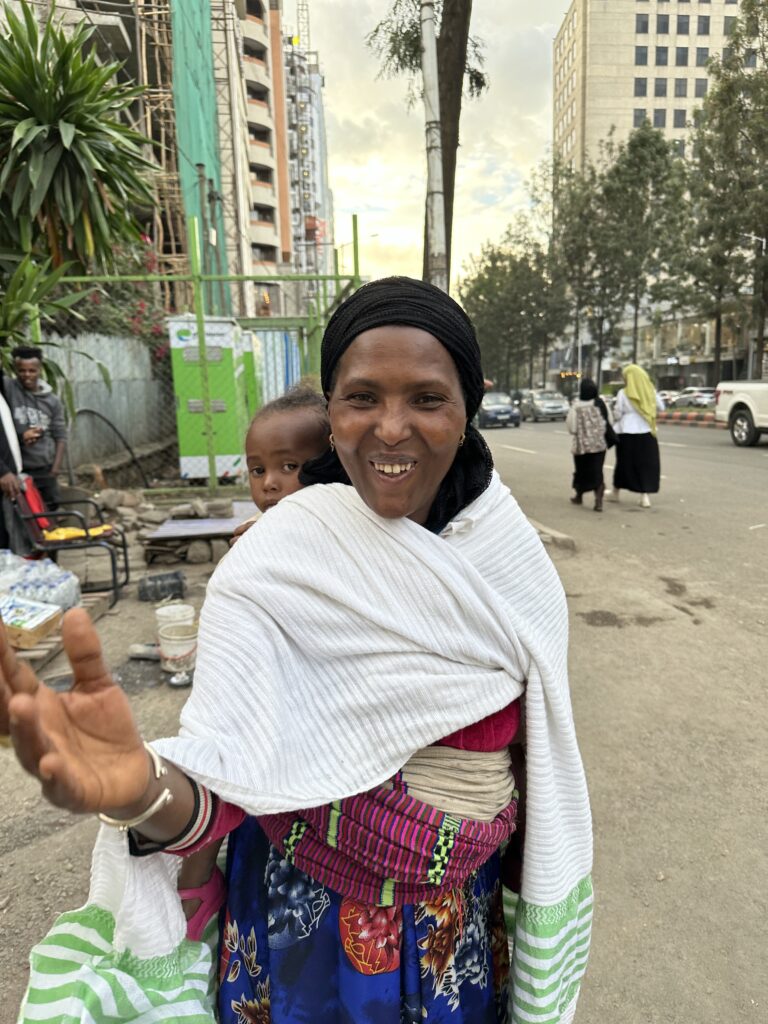In a world where familiarity often breeds comfort, stepping into the realm of the minority can be disconcerting, but enlightening. Such was the case for me as I walked the streets of Addis Ababa, the capital of Ethiopia. Here, I found myself confronted with stark contrasts, igniting a deep sense of empathy within me.
Here it was evident that I was no longer in familiar territory. Unlike my home in Austin, Texas, here I am in the minority, my white skin contrasting sharply against the Ethiopian people. The curious gazes of young children offered a reminder of my outsider status, a feeling both humbling and eye-opening.

 On Namibia Street, I found myself immersed in scenes of extreme poverty that were both heart-wrenching and sobering. From mothers with children strapped to their backs to young girls pleading for food, the desperation in their voices painted a vivid picture of hardship and struggle. As I struggled with the overwhelming disparity around me, my Ethiopian colleague, Gashew Semenah, offered insight. Many of those living in abject poverty in Addis were refugees fleeing unimaginable horrors in neighboring lands, seeking refuge and a semblance of safety amidst uncertainty. The magnitude of the challenges facing these desperate people left me feeling somewhat powerless; the problems are so large, complex and deep within the generations.
On Namibia Street, I found myself immersed in scenes of extreme poverty that were both heart-wrenching and sobering. From mothers with children strapped to their backs to young girls pleading for food, the desperation in their voices painted a vivid picture of hardship and struggle. As I struggled with the overwhelming disparity around me, my Ethiopian colleague, Gashew Semenah, offered insight. Many of those living in abject poverty in Addis were refugees fleeing unimaginable horrors in neighboring lands, seeking refuge and a semblance of safety amidst uncertainty. The magnitude of the challenges facing these desperate people left me feeling somewhat powerless; the problems are so large, complex and deep within the generations.
 As I reflect on my journey through the streets of Addis Ababa, I am reminded that it is not enough to simply bear witness to the struggles of others; we must become active participants in seeking justice and equality. In the end, being in the minority has underscored the role I can play in shaping a world where every life is valued. Through my work with Water to Thrive, the most rural communities in Ethiopia are offered an opportunity to transcend their current circumstances, enriching not only their lives, but also those of generations to come.
As I reflect on my journey through the streets of Addis Ababa, I am reminded that it is not enough to simply bear witness to the struggles of others; we must become active participants in seeking justice and equality. In the end, being in the minority has underscored the role I can play in shaping a world where every life is valued. Through my work with Water to Thrive, the most rural communities in Ethiopia are offered an opportunity to transcend their current circumstances, enriching not only their lives, but also those of generations to come.


About The Author: Water to Thrive
More posts by Water to Thrive